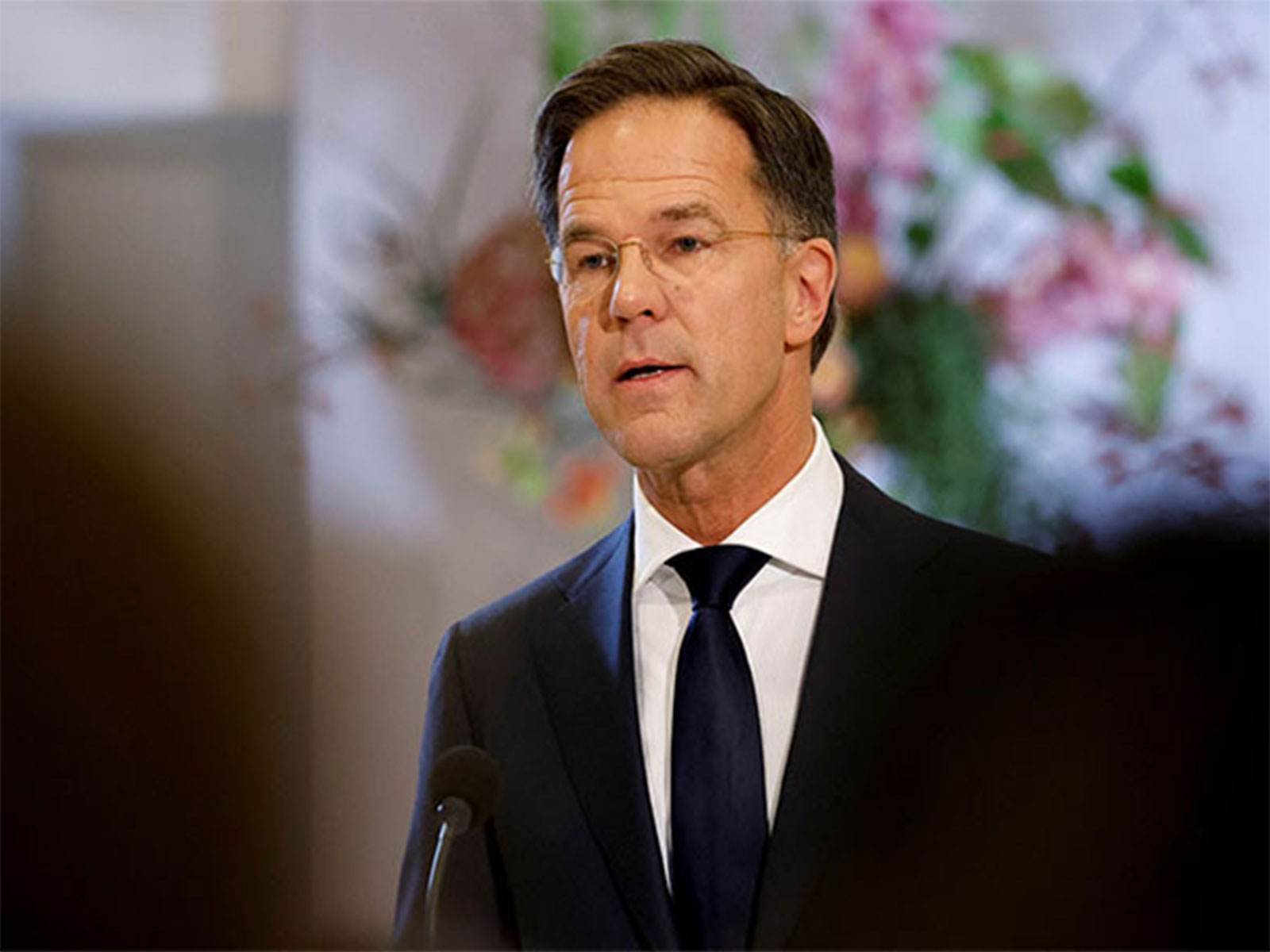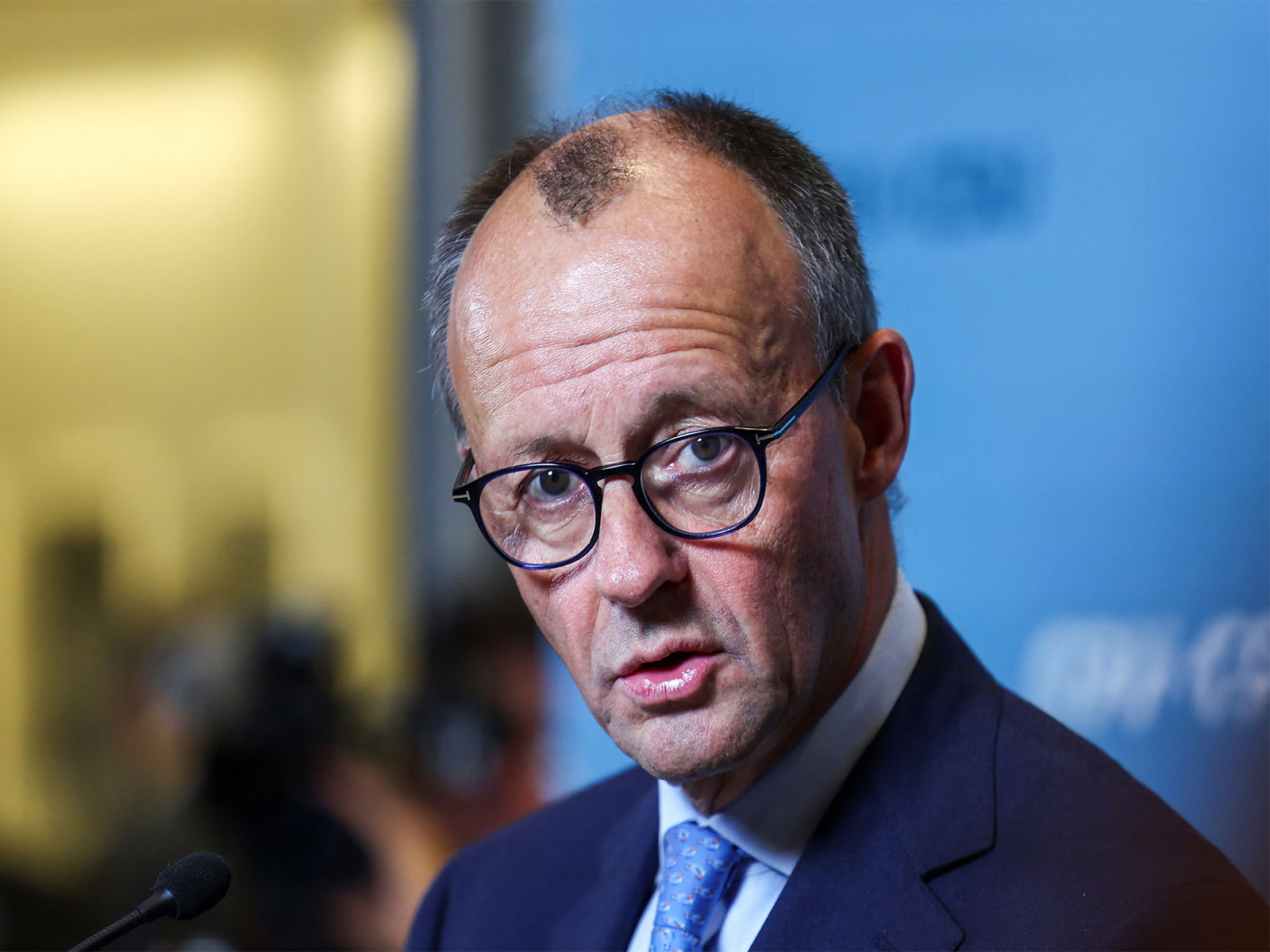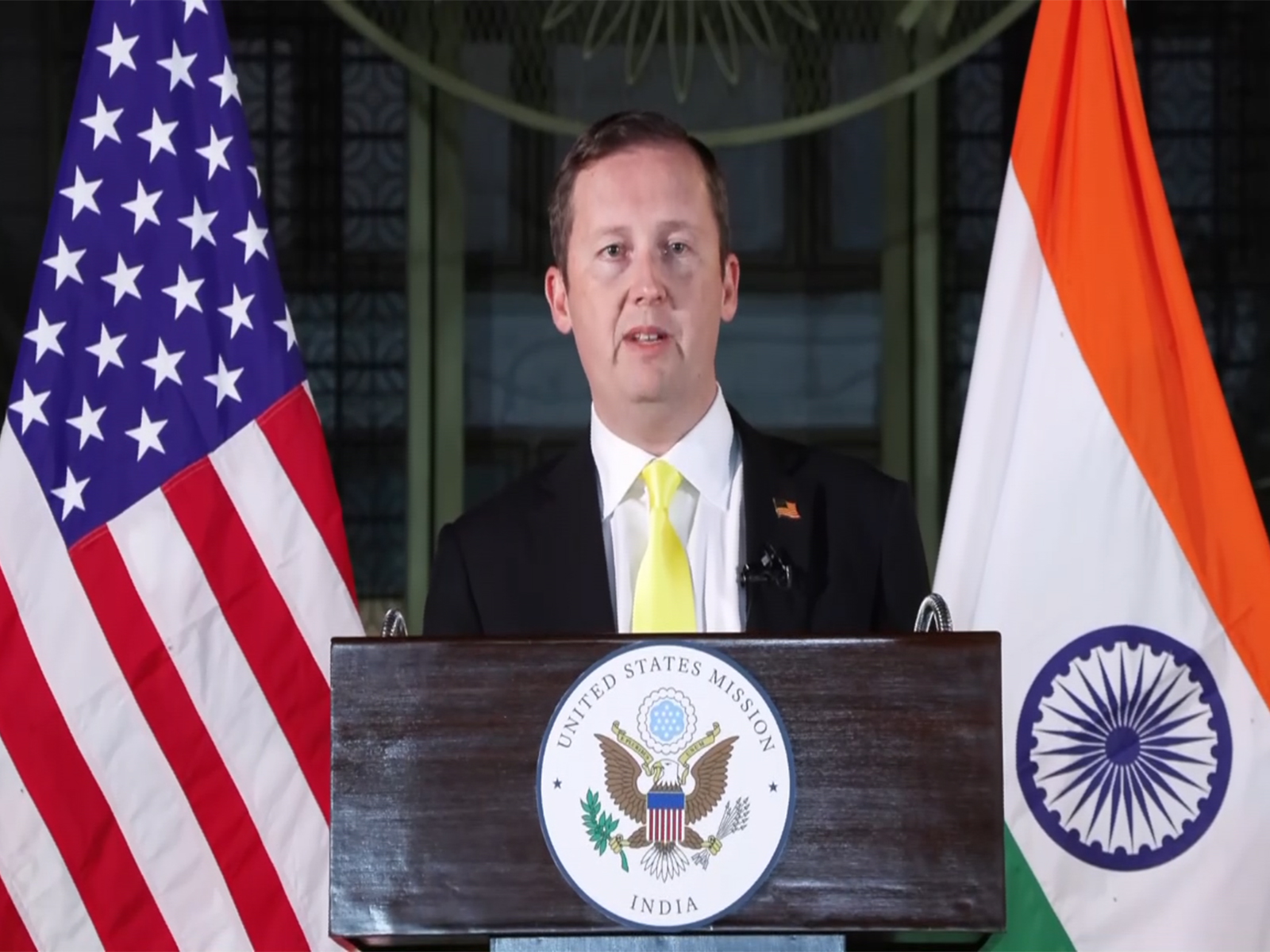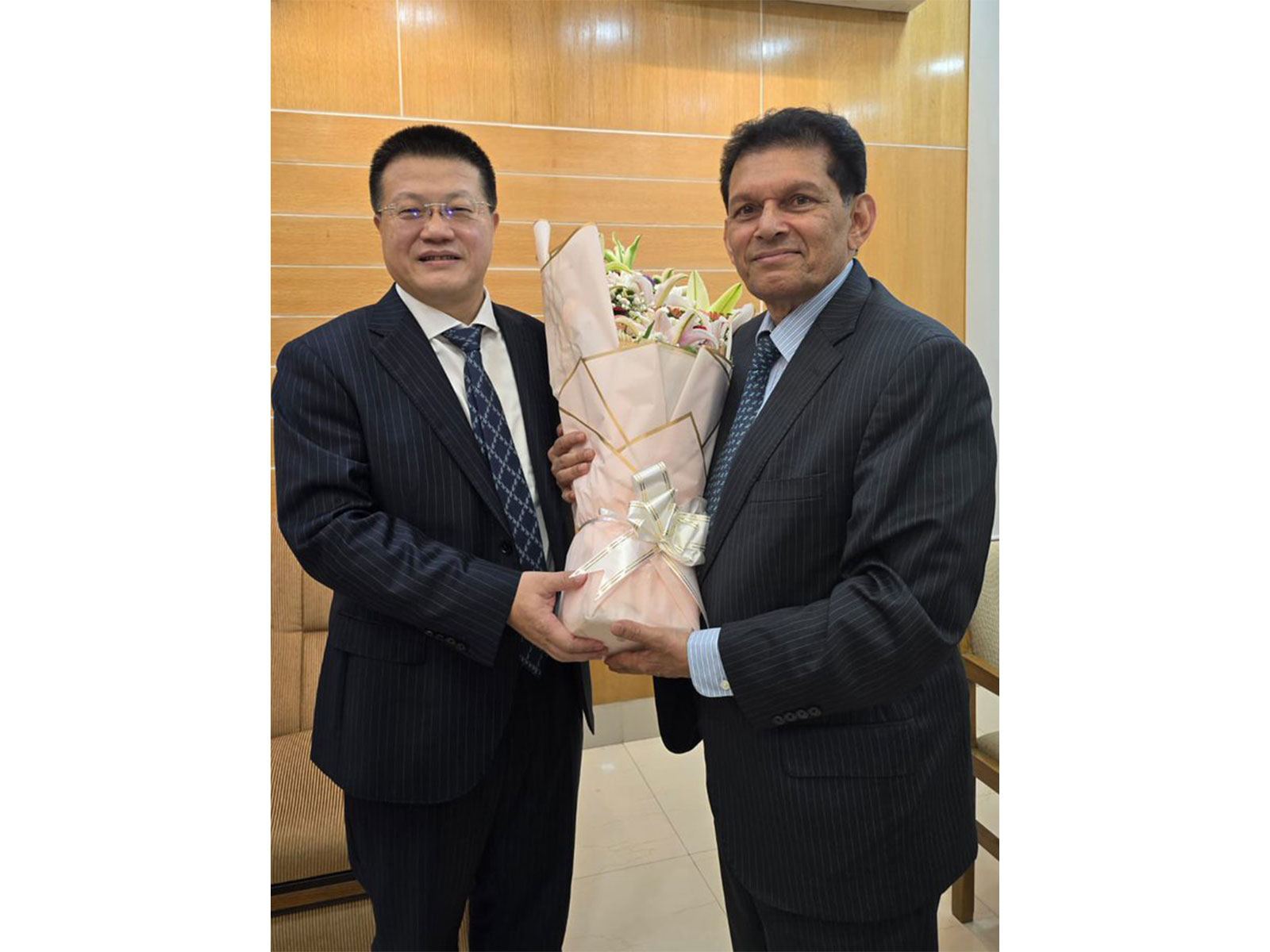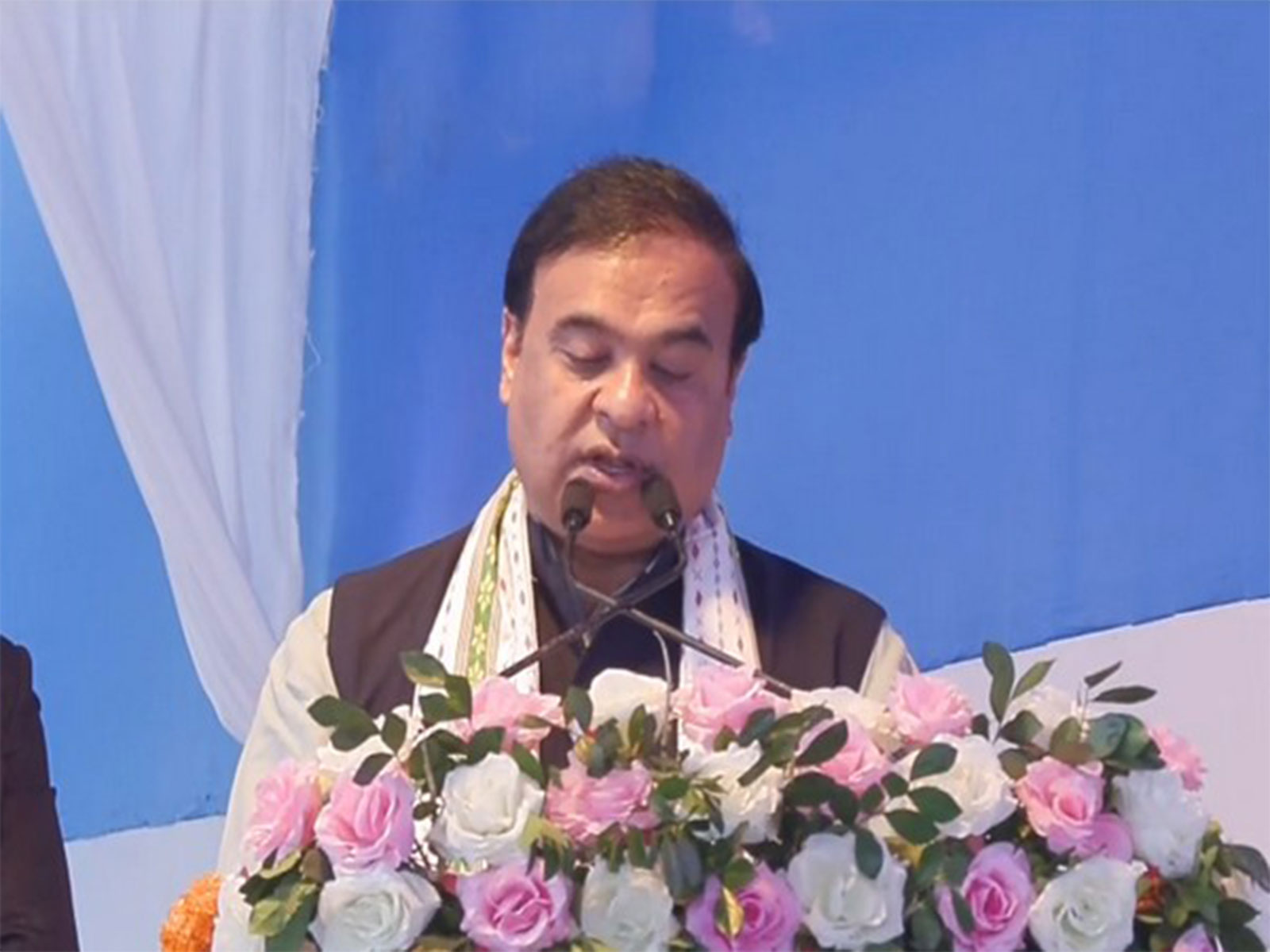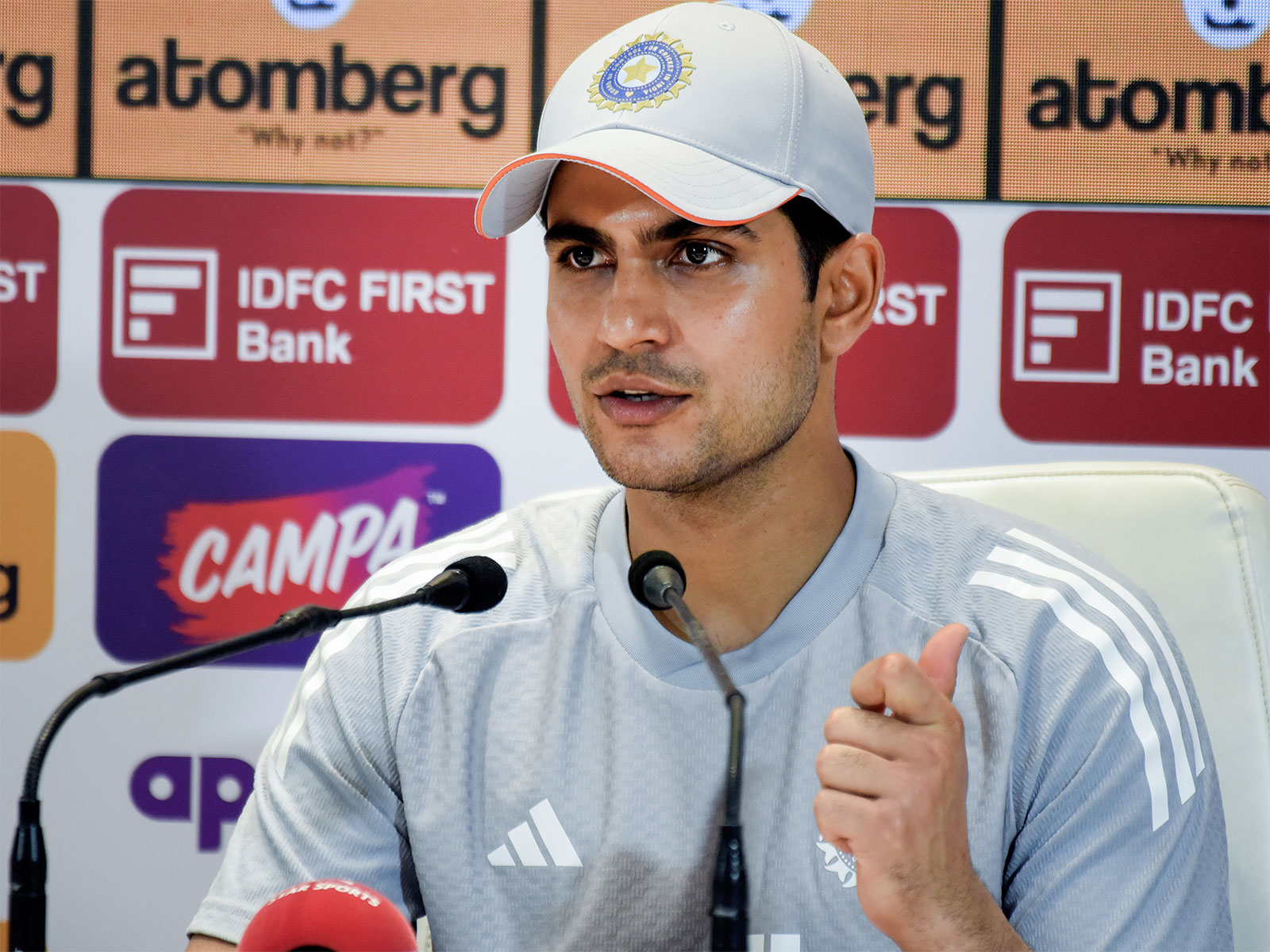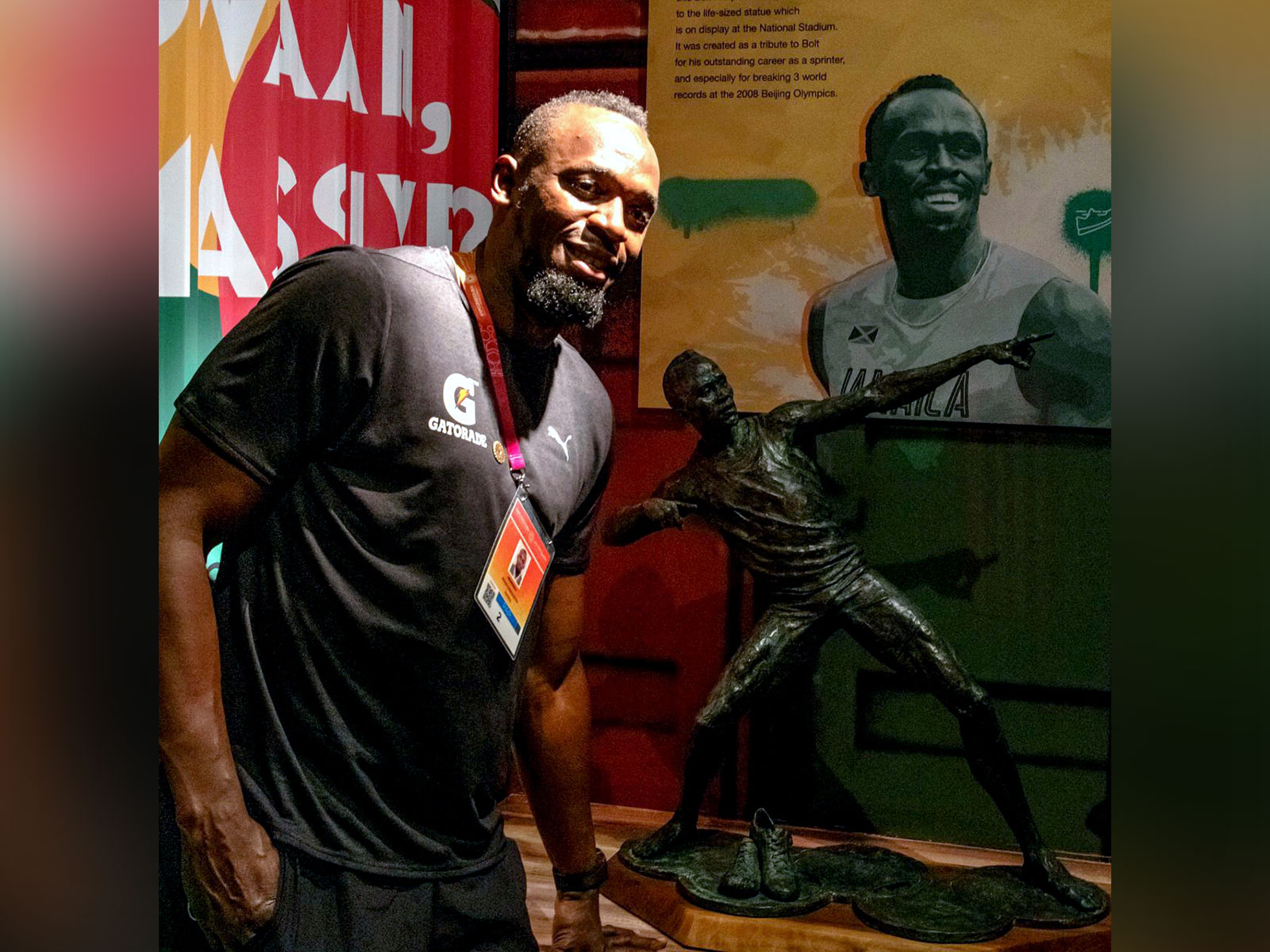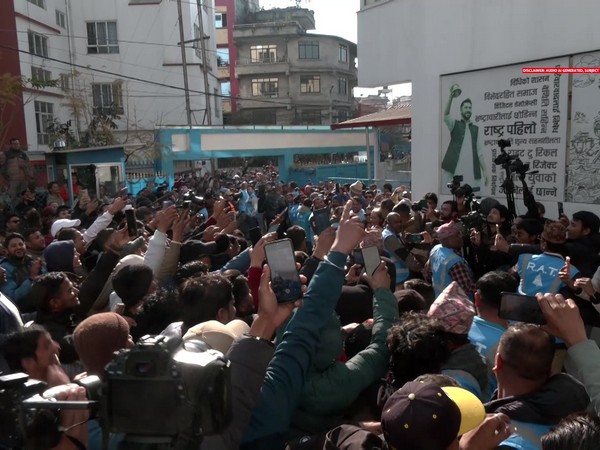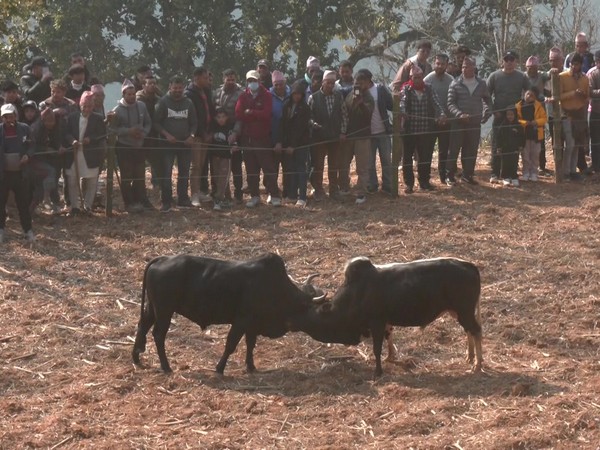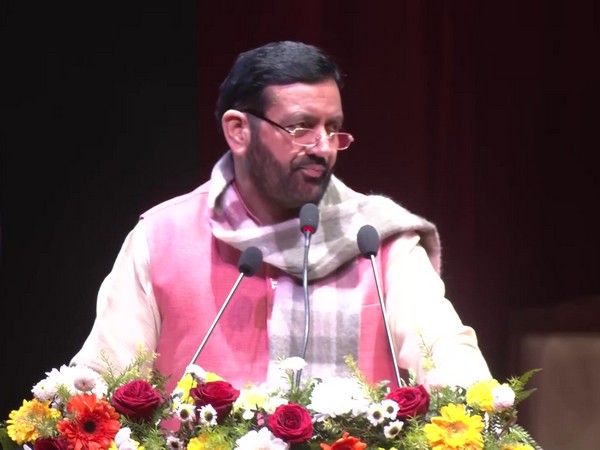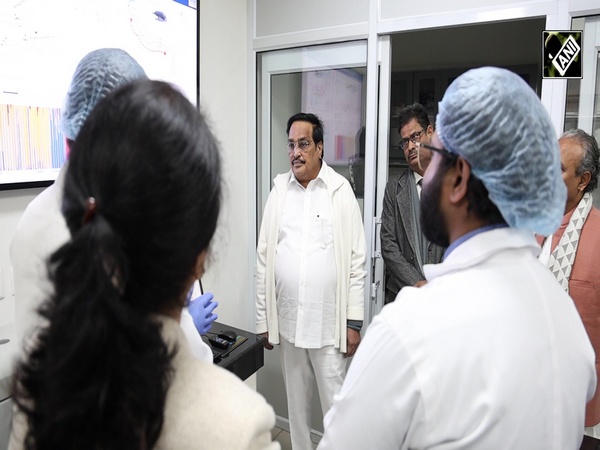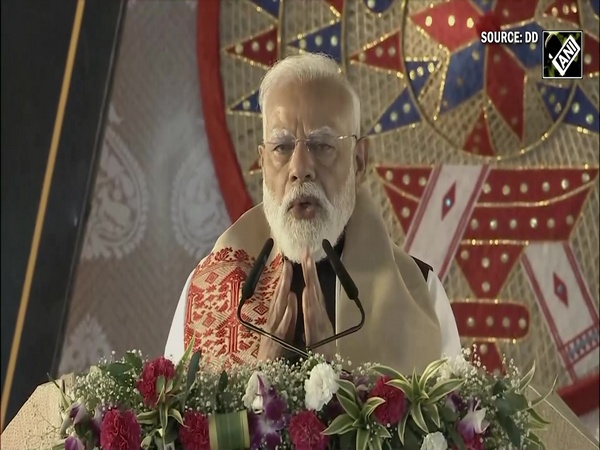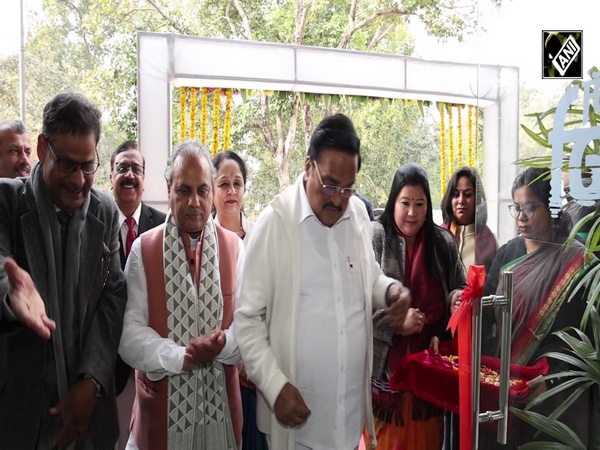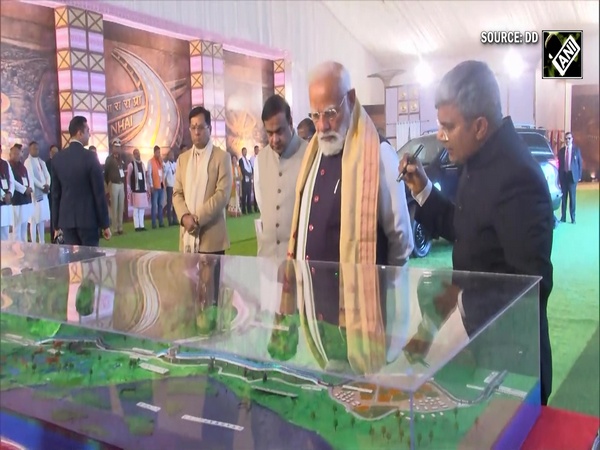In forthcoming Turkey elections, authoritarian Erdogan faces biggest test in his 20-year reign
Apr 03, 2023

Nicosia [Cyprus], April 3 : Turkey's authoritarian President Recep Tayyip Erdogan is facing the biggest test in his two-decade rule, although he still remains a formidable candidate.
Opinion polls show that Erdogan's AKP party and his nationalistic allies MHP will secure 45 per cent of the votes in the parliamentary elections, almost the same percentage as the six-party opposition bloc. However, in the Presidential elections, to be held at the same time on 14 May, the joint candidate of the opposition, Kemal Kilicdaroglu, nicknamed Turkey's Gandhi, is about 10 percentage points ahead of Erdogan.
The forthcoming elections are expected to decide the future course of Turkey's economy which is in a bad shape due to Erdogan's unorthodox policy of low-interest rates that caused inflation to run out of control and the value of the Turkish lira to plummet.
Furthermore, the elections will show if the executive presidency in Turkey will be dismantled and whether Erdogan is sincere in his recent efforts to mend relations with countries like Saudi Arabia, Israel, the UAE, Egypt and Greece or not and, if the opposition wins, what direction Turkey's foreign policy will take.
According to the final list of candidates for the post of Turkish President, Kilicdaroglu will not be the only candidate to challenge Erdogan. The other challengers are as follows: Muharrem Ince, who split from the Republican Party (CHP) in 2021, and Sinan Organ, who is a former member of MHP but now represents five small nationalist parties.
It is noteworthy that Ince was the CHP candidate in the last election in 2018 because at that time the party thought that he had a better chance than mild-mannered Kilicdaroglu to beat Erdogan. In those elections, Ince got 30.6 per cent of the vote.
His candidacy is expected to harm Kilicdaroglu, as he may get thousands of votes that would have otherwise gone to Kilicdaroglu and make it extremely difficult for "Turkey's Gandhi" to secure 50 per cent of the votes cast, the percentage that is necessary for a candidate to be elected President from the first round.
According to a number of polls published, neither the People's Alliance ruling block of Erdogan's AKP and Devlet Bahceli's MHP nor the Nation's Alliance - the six-party main opposition alliance led by Kemal Kilicdaroglu- are expected to achieve a clear victory. So, a lot depends on how the voters of the pro-Kurdish HDP - the third largest party in Turkey, will vote in the forthcoming elections.
The imprisoned former leader of HDP Selahattin Demirtas has made it clear that "Erdogan is a black page that is definitely closed for Kurds."
It should be mentioned that the HDP, which represents Turkey's 15 -million strong Kurdish minority- is facing a closure case before the Constitutional Court due to its alleged ties to the outlawed PKK and, if convicted, it will be banned.
HDP has repeatedly criticized Erdogan's one-man rule, but so far has refrained from announcing openly support for Kilicdaroglu. However, the fact that the pro-Kurdish party has decided not to nominate its own candidate for the Presidency, will certainly benefit Kilicdaroglu who, in contrast to the other candidates, has never been hostile to the Kurds.
Soner Cagaptay, a senior fellow at the Washington Institute for Near East Policy, commenting on the announcement that the HDP will not field its own candidate for the Presidency says that the opposition "has never been this close to winning in the first round of voting on May 14."
A key question about Turkey's elections is if they will be free and fair given the fact that Erdogan's rule is basically undemocratic and that he yields immense power and controls many aspects of life in Turkey. He has purged more than 100,000 civil servants from state institutions, controls most of the media organisations in the country, jails journalists and ordinary people who express opinions he does not like and has suppressed parliamentary democracy.
The Organization for Security and Cooperation in Europe (OSCE), which is the world's largest regional security organization and works for stability, peace and democracy for more than a billion people, has refused to recognize Turkish elections as free and fair since 2015.
Erdogan, using the justice system which is under his control, has managed to prevent Ekrem Imamoglu, the popular mayor of Istanbul who was generally viewed as the strongest opposition candidate, from taking part in the elections.
Last December, a Turkish court sentenced the dynamic Imamoglu to 2 years and 7 months in prison for a statement he had made two years earlier that "those who cancelled the Istanbul mayoral election are fools." The court ruled that he insulted the Higher Electoral Board, which had controversially issued the decision to cancel the first election. (Imamoglu won both that election and the rerun of it on June 23, 2019).
The court also banned him from elected political office and other activities for the duration of the prison sentence he may serve if the conviction is upheld at appeal.
With the dynamic and fiery Imamoglu out of the way, Erdogan thought that he could easily win over the mild-mannered Kemal Kilicdaroglu, but the devastating earthquakes on February 6, which killed more than 50,000 people, destroyed about 650,000 homes, leaving homeless millions of people, compounded by Erdogan's reluctance mobilize the army in rescue efforts has eroded a sizeable part of the popular support for Erdogan and his ruling AKP party.
President Erdogan has pledged to rebuild the country and declared that his aim "is to restore cities in the earthquake zone by handing over 319,000 residences and village houses to owners within a year," something that appears to be quite unrealistic.
Nobody can be certain about the outcome of the elections in Turkey. Much will also depend on whether Erdogan will not exploit the state of emergency declared in the ten provinces hit by the earthquake and on whether he will allow the elections to be free and fair.
